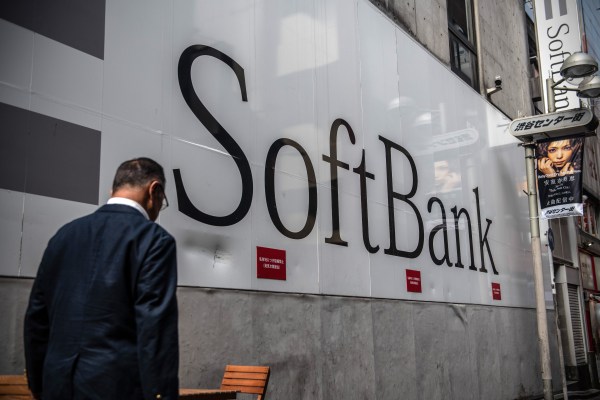
A famous investor published notes today concerning its startup investments, detailing where they excelled and where they struggled. To understand why we care about this particular investor’s results, a little context helps.
The investor in question is Japanese telecom giant and startup benefactor SoftBank, which reported its fiscal year results this morning. SoftBank’s investments are famous because of its $100 billion Vision Fund effort, which saw it put capital to work in a host of private companies around the world in an aggressive manner.
The information it shared this morning included a slide deck detailing the conglomerate’s view of the future of unicorn health, and notes on the conclusion of the SoftBank Vision Fund’s investment into net-new companies.
SoftBank’s earnings have made headlines around the financial and technology press, especially regarding the performance of its investments into Uber, an American ride-hailing company, and WeWork, an American coworking startup. The former’s post-IPO performance has led to a lackluster outcome for SoftBank, while the implosion of WeWork after its failed IPO has continued; SoftBank’s results noted a new, lower value for WeWork.
The rest of the information painted a picture of mixed outcomes, with SoftBank recording wins in enterprise-focused deals and “Health Tech” investments. Other invested sectors saw less salubrious results, including the three we’ll focus on today: consumer-focused deals, transit-related investments and real estate-related outlays.
Let’s explore what SoftBank had to say about each. Then we’ll see what we can infer about the broader startup market itself.
Results
SoftBank’s Vision Fund made big bets into Uber and WeWork, two companies that fit into the sectors we are exploring. To provide investors with clarity of its outcomes outside of those two outsized and troubled bets, the company broke out sector performances less their outcomes.

Recent Comments